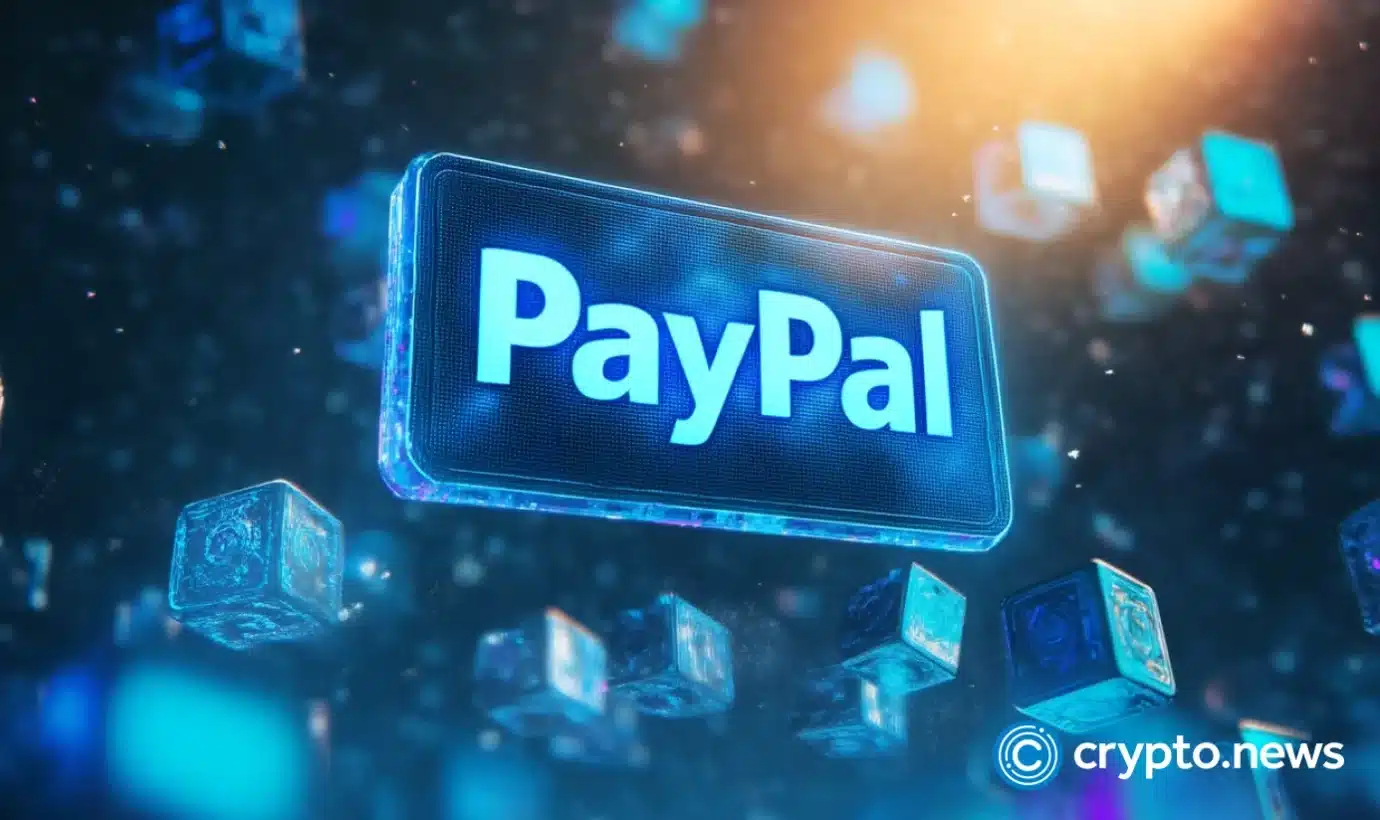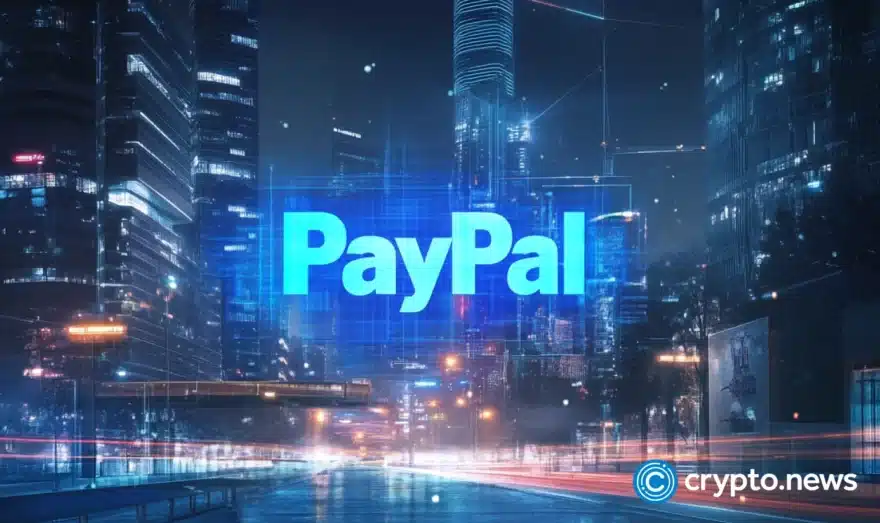PayPal partners with OpenAI for ChatGPT payments

PayPal has announced a new partnership with OpenAI, marking a major leap in the fusion of AI and fintech.
- PayPal has signed an exclusive deal with OpenAI to power ChatGPT’s first-ever integrated payment system.
- ChatGPT users will be able to use their wallets for Instant Checkout, leveraging funding options and buyer protections.
- The partnership also enables the firm’s merchant network to list products in ChatGPT through ACP starting in 2026.
Online payment giant PayPal has become the first wallet integrated into ChatGPT following an exclusive partnership with OpenAI, paving the way for a new era of AI-powered commerce. Announced on Oct 28, the partnership will allow ChatGPT users to complete purchases using their wallets, streamlining transactions within the chatbot interface.
The integration leverages the Agentic Commerce Protocol (ACP), a framework designed to expand payments and commerce capabilities within ChatGPT. Under this initiative, PayPal will support Instant Checkout for both users and merchants.
Beginning in 2026, ACP will allow merchant product catalogs to become discoverable and shoppable directly in ChatGPT. The company will handle the backend processes, such as merchant routing and payment validation, through its ACP server, eliminating the need for individual merchant integrations.
Commenting on the news, PayPal CEO Alex Chriss noted that users can now “go from chat to checkout in just a few taps.” This includes access to existing features like bank, crypto, and card payments.
Furthermore, the firm will power OpenAI’s delegated payments API, managing card payment processing for ChatGPT’s Instant Checkout system. Beyond commerce, the deal expands the firm’s internal AI efforts, scaling ChatGPT Enterprise access to its 24,000+ employees and integrating tools like Codex for engineering support.
PayPal’s ChatGPT deal builds on crypto strides
The latest integration with OpenAI reflects not just a leap in payment convenience, but also a broader industry trend where AI-driven interfaces are becoming gateways for financial transactions.
Over the past few years, the payment giant has also made notable strides in the crypto space. Among them is the launch of its dollar-backed stablecoin, PYUSD (PYUSD). The stablecoin recently surpassed a circulating supply of $2.54 billion.
Additionally, the firm had expanded its peer-to-peer (P2P) cryptocurrency transfers, allowing U.S. users to send and receive crypto assets like Bitcoin (BTC), Ethereum (ETH), and Litecoin (LTC) directly within the PayPal app.
With this latest move, PayPal is positioning itself at the forefront of AI-integrated payments, bridging the gap between fintech, AI, and digital assets, potentially setting the stage for broader crypto adoption.
















